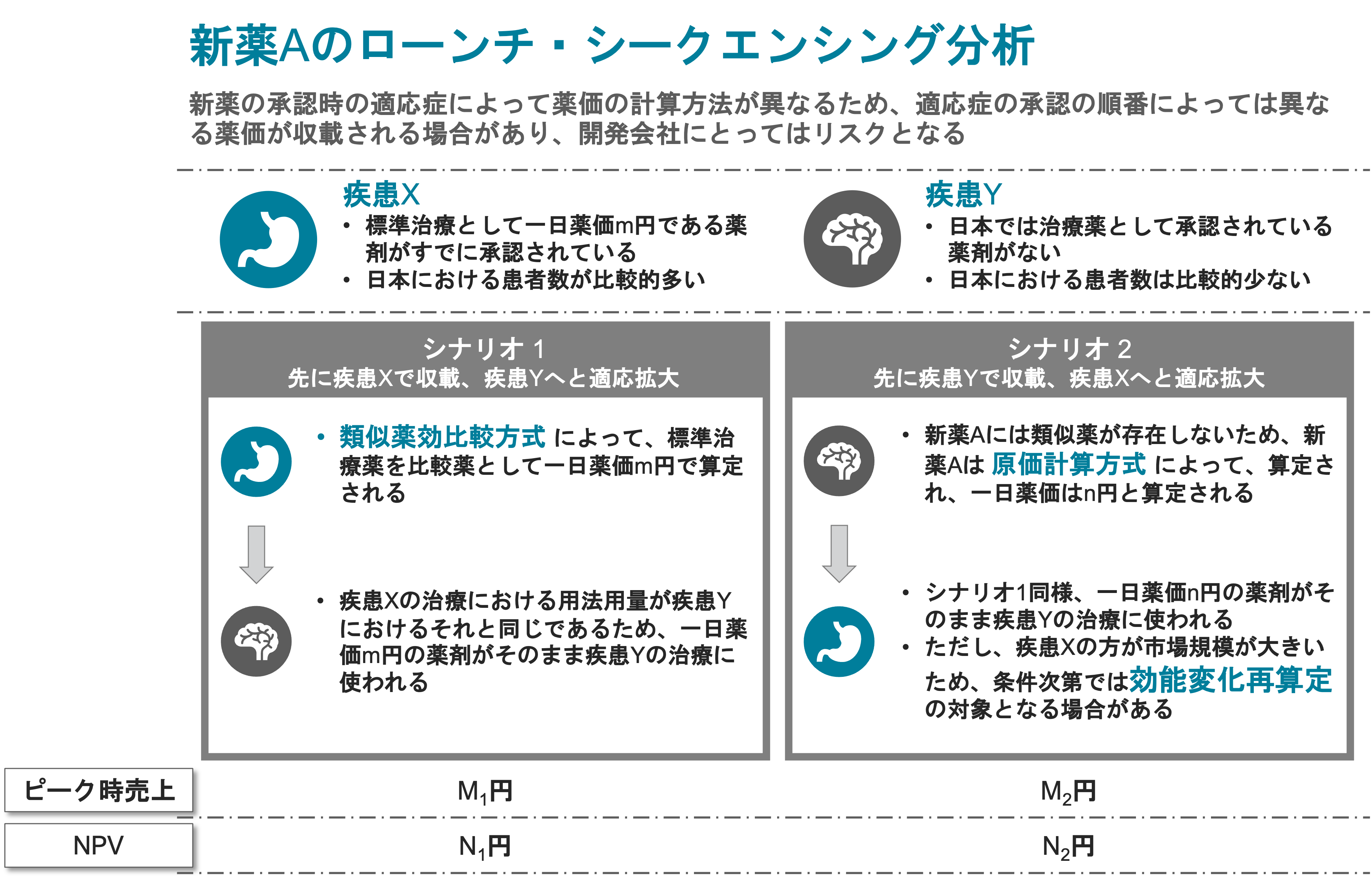Japan on the verge of suspending tax hikes again
Back in November ’14, Japanese Prime Minister Shinzo Abe made an important decision to extend the planned increase of consumption tax rates from 8% to 10%, for 18 month, to April ’17. Since then, much political debate has taken place about the decision being right or not, but from a fiscal disciplinary perspective it turns out that it became almost impossible to meet the target of recovering the primary balance of the national budget by 2020. The forecasts are already based on unrealistically optimistic assumptions about the Japanese economic growth being 2% in real terms and 3% in nominal. And, importantly, this includes the condition that the tax hike will really happen this time, when the cherry blossoms come back next year. Therefore, we will for sure never see the government meet their target if the tax hike will be delayed once again, which is now becoming a real possibility.

The pharmaceutical industry in general should appreciate the national tax resources shifting from corporate tax to VAT based tax systems, however there is a near term concern about price cuts. If the tax increase happens as planned on next April, we expect an NHI price adjustment to happen to reflect the impact of the changes in the tax rates, which also happened when consumption tax rates changed last time. This time, however, there is a significant possibility of the authorities leveraging this opportunity to try to further cut down the prices of certain drugs, coined Special Repricing, which happened this April. Usually price cuts happen once every year, and there should be no cuts in 2017. But because of the huge pressure to cut national healthcare expenditure, the government might move forwards to reduce the listed prices of the drugs once again (for three consecutive years). If this happens, it will be another slam for the companies especially with the expensive specialty drugs such as Harvoni, Avastin or Opdivo. This April, Havoni price was cut down as much as 35%.

